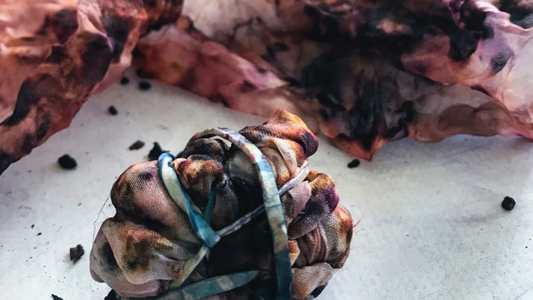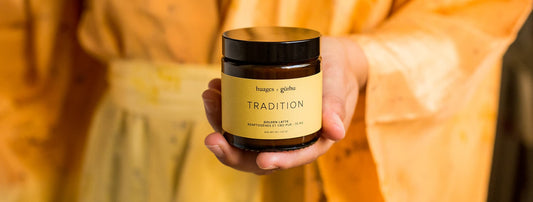In the Indian religion of Jainism, “ahimsa” is the principle by which all actions are judged. Most Jains observe the “little vows” of Jainism (anuvrata), the practice of which requires that no animal life be killed. But for ascetics who keep the “high vows” (mahavrata), ahimsa involves the utmost care to prevent consciously or unconsciously causing injury to any living soul (jiva); thus, ahimsa implies the protection not only of human beings and large animals, but also of insects, plants and micro-organisms.

The interruption of another jiva's spiritual progress subjects him to karma - the accumulated effects of past actions, conceived by Jains as a fine particulate substance that accumulates on the jiva - and keeps him in samsara, the cycle rebirths in worldly earthly existence.
Not only physical violence, but also violent thoughts or other negative thoughts lead to the attraction of karma.
Many common Jainist practices, such as not eating or drinking after dark or the wearing of cloth mouth covers (mukhavastrika) by monks so as not to inadvertently inhale insects, are based on the principle of ahimsa.

Naturally, Jains do not wear garments whose fibers have involved the death of an animal, as classical silk involves the death of a silkworm. Hence the name of the "ahimsa" silk that we use, often called in French soix de la paix.











